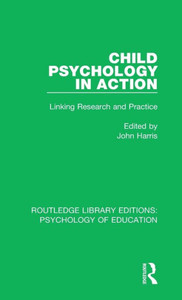When the Japanese financial bubble burst in the early 1990s, property and stock market values plummeted to unknown depths. As the decade progressed and the so-called "miracle economy" did not revive, a pervasive sense of social unease ensued. The Strange Child examines how the Japanese financial crisis gave rise to "the child problem," a social anxiety driven by a palpable sense that something about the young had suddenly and irrevocably changed. Andrea Gevurtz Arai's ethnography narrates the social and cultural dislocation that erupted in Japan after the 1990s economic downturn, uncovering the deep interconnection between the child as a figure of national progress and the Japanese modernity project. Arai charts the shifting educational practices, psychology of neoliberal patriotism, and the recessionary vocabulary of risk, responsibility, and self-development. She argues that the child problem and the social unease it created provided a rationale for reimagining governance in education, liberalization of the job market, and a new role for psychology in the overturning of national-cultural ideologies that diverted attention from the very real challenges facing a recessionary society. The Strange Child uncovers the state of nationalism in contemporary Japan, and how a politics of distraction around the child is the result of a very real financial crisis.
- | Author: Andrea Arai
- | Publisher: Stanford University Press
- | Publication Date: Mar 23, 2016
- | Number of Pages: 256 pages
- | Language: English
- | Binding: Hardcover/Education
- | ISBN-10: 0804797072
- | ISBN-13: 9780804797078






